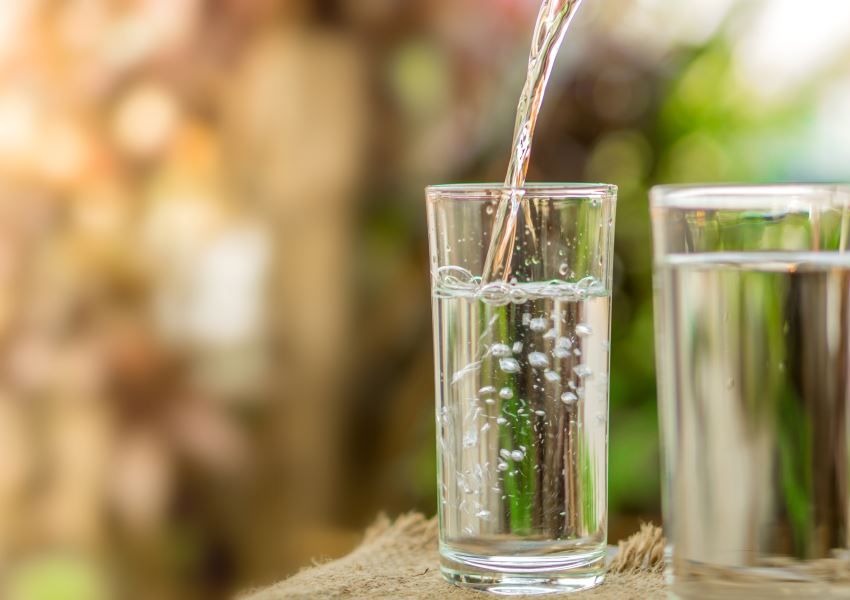
Eight glasses a day, right? That’s what we’ve always been told. But as it turns out, this widely-held belief isn’t as accurate as you might think. To really get an idea of how much water you need to drink to maintain your health, let’s look at the issue and come up with some answers.
Eight glasses is a myth

Yes, unfortunately, this bit of wisdom that many of us go our whole lives believing is a myth. There’s no actual science behind the claim that six to eight glasses of water per day is necessary for good health, but nevertheless, the claim gets tossed around by the government, the media, and just about anyone who fancies him/herself as a nutrition expert.
The original “eight glasses” claim purportedly comes from a recommendation by the 1945 U.S. Food and Nutrition Board, which stated that we should drink 2.5 liters of water every day for good health. There are two problems with this right off the bat:
- The recommendation wasn’t based on any actual research.
- The recommendation also suggests that most of this intake could come from foods.
Unfortunately, in lieu of more concrete directions, this recommendation took hold in our culture. Add in the fact that nutrition science is complicated and poorly-understood (even by experts!), and it’s clear why we can’t seem to shake the idea that more water = better health.
How much do you actually need?

This isn’t to say that hydration isn’t important; it certainly is, especially in hotter regions where people lose more water from sweating and exhalation. There are plenty of clear associations between hydration and metabolism, skin health, and general fitness.
But too much of anything isn’t good. Even water. So, how much is the right amount The answer is a bit tricky. There are three factors influencing how much water you should drink:
- Body weight
- Activity level
- Local climate
Generally, the more you weigh, the hotter it is, and the more active you are, the more water you’ll need.
In terms of coming up with a specific total, some resources suggest taking half your body weight and aiming for that total in ounces; for example, a 200-pound person would need 100 ounces of water each day. However, this is just a rule of thumb—there’s no specific formula that works for every person. There are just too many variables that go into the equation, especially when you start adding water intake from solid foods.
Water intake doesn’t mean drinking

It’s important to note that your daily “water intake” encompasses more than just the liquid you drink. Nearly every food we eat has water in it, and some (like fruits and vegetables) are extremely water-rich. Many of us end up getting much of our recommended liquid intake just from the meals we eat.
In short, you might be more hydrated than you think you are — even without downing a tall glass of water at every meal. This begs the question: How can I tell whether I’m hydrated enough to be healthy?
Follow your body’s signals

Every person’s water needs are unique, and as such, we need to rely on our own unique signals when deciding whether we’re properly hydrated. According to the Mayo Clinic, there are a few easy ways to stay hydrated, no matter how much water your body needs:
- Drink water or other liquids regularly, including with meals
- Drink any time you feel thirsty (or hungry!)
- If you’re exercising, drink extra before and after a workout
It should be easy enough to tell whether you’re hydrated; generally, thirst, fatigue, and overtly-yellow urine are signs of dehydration. Aim for a routine of daily water intake that matches the energy you expend.
The perfect amount of water

Unfortunately, there’s no “ideal” recommendation for water intake that applies to everyone. Heck, even on an individual level, water needs vary widely across people. It’s not important that you force yourself to chug water each day in hopes of meeting an arbitrary goal. What is important is that you listen to your body’s signals and adjust your intake until it matches your lifestyle.
